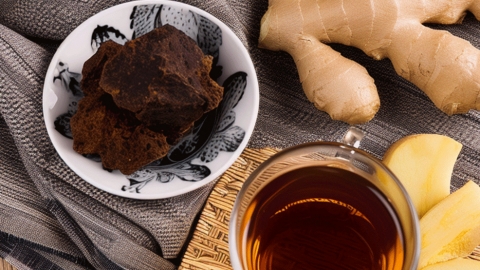Can expired brown sugar still be consumed?
Generally speaking, it is not recommended to consume brown sugar after its expiration date. The detailed explanation is as follows:

Brown sugar's main component is sucrose. After expiration, it easily absorbs moisture from the air, causing deliquescence, which can lead to the growth of bacteria, molds, and other microorganisms. Consuming expired brown sugar may irritate the gastrointestinal tract, causing symptoms such as nausea, vomiting, abdominal pain, diarrhea, and other discomforts. Additionally, long-term storage might result in the loss of some nutritional components in brown sugar and even the formation of substances harmful to health. Even if there is no obvious mold on the surface, internal contamination might already have occurred, making it unsafe for consumption.
When purchasing brown sugar, check the production date and shelf life carefully, and prioritize recently manufactured products. Brown sugar should be stored in a sealed container in a cool, dry, and light-protected environment, avoiding moisture and being stored together with foods that have strong odors, to delay spoilage. If brown sugar has passed its expiration date or shows signs of severe clumping, mold spots, or emits an unusual odor, it should be discarded immediately—do not risk eating it for the sake of saving. If physical discomfort occurs after consumption, stop using it immediately and monitor your symptoms, seeking medical attention if necessary.




